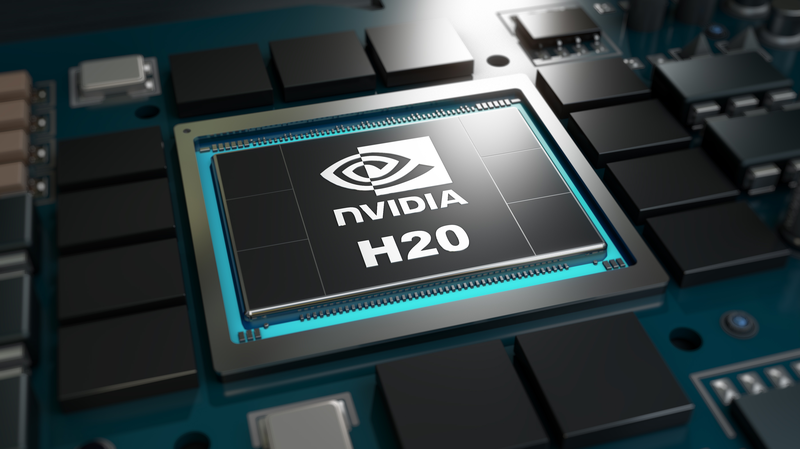In July, Nvidia will roll out a customized version of its H20 AI chip for the Chinese mainland market. Under new U.S. export restrictions, the original H20 requires a license for shipment, so Nvidia has redesigned the chip with lower memory capacity and performance thresholds to comply.
Tailored AI Chip Drops in Performance but Gains Access
Three sources told Reuters that Nvidia alerted major cloud computing players in the Chinese mainland about the modified H20 timeline. Customers may tweak module setups to dial performance up or down, balancing speed and compliance. With the Chinese mainland accounting for $17 billion in revenue (13% of total sales) last fiscal year, this market remains crucial.
Strategic Moves Amid Tightening Controls
Since 2022, the U.S. has limited exports of Nvidia’s top-tier AI chips to the Chinese mainland over national security concerns. The H20 was Nvidia’s most advanced model allowed until recent export rule changes. Industry giants such as Tencent, Alibaba and ByteDance stepped up H20 orders early this year, creating around $18 billion in backlog since January.
Next Steps for Tech and Trade
Nvidia CEO Jensen Huang underscored the importance of the Chinese mainland during a recent Beijing visit, signaling the company’s intent to adapt and persevere amid policy shifts. As AI demand surges worldwide, this chip adjustment highlights the evolving balance between global innovation and tech diplomacy.
Looking ahead, tech watchers will monitor whether the performance trade-offs of the new H20 satisfy customer needs or spur alternative suppliers to fill any gaps in China’s fast-growing AI ecosystem.
Reference(s):
Nvidia modifies H20 chip for China to overcome US export controls
cgtn.com




